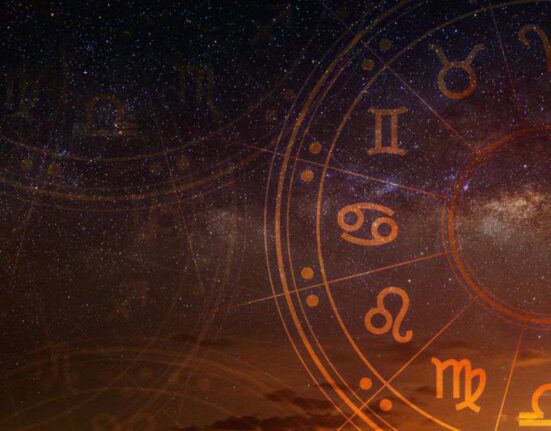Since their inception as written forms books have revealed their nature that transcends printed symbols. Books enable readers to travel through time as well as reveal truths about the world and spark meaningful discussions which might eventually transform the world at large. Books usually provide knowledge while bringing joy or offering escape from reality yet several exceptional books progressed to trigger historic revolutions and transform public thinking processes before reshaping permanent human history.
Before Twitter launched viral tweets and podcasts and streaming services existed books already achieved immense success. They lie dormant on silent shelves or grow in reputation through secretive hand exchanges because these books activated some historic movements throughout human history.

 “The Diary of Anne Frank” provides a notable illustration of historical fiction. As a teenage hidden girl under Nazi occupation Anne Frank created her personal diary which evolved into a world-famous account about warfare damages and survival capabilities. Because of her words people who perished never got to speak yet her message was used to represent hope and compassionate values during those terrible times.
“The Diary of Anne Frank” provides a notable illustration of historical fiction. As a teenage hidden girl under Nazi occupation Anne Frank created her personal diary which evolved into a world-famous account about warfare damages and survival capabilities. Because of her words people who perished never got to speak yet her message was used to represent hope and compassionate values during those terrible times.
The publication of Harriet Beecher Stowe’s “Uncle Tom’s Cabin” achieved both commercial success and set America on fire with its message. In 1852 when the book was released it presented an unflinching view of slavery which ignited a passionate movement of abolitionists until America reached the Civil War. The narrative functioned beyond storytelling because it served as clear warning.

 George Orwell maintained the profound relevance of his novel “1984” well past its writing time. The novel from George Orwell about a dystopian society parallels modern surveillance and misinformation era to warn readers about their vulnerability between freedom and control. The book presents itself as a reflection of reality beyond being mere fiction.
George Orwell maintained the profound relevance of his novel “1984” well past its writing time. The novel from George Orwell about a dystopian society parallels modern surveillance and misinformation era to warn readers about their vulnerability between freedom and control. The book presents itself as a reflection of reality beyond being mere fiction.
Harper Lee delivered a harsh revelation about racial discrimination throughout the American South through her literary masterpiece “To Kill a Mockingbird.” The author used Scout Finch’s innocent perspective to deliver a subtle exploration of good conduct and human compassion and courageous action.
Two extraordinary examples can demonstrate this capability since “The Communist Manifesto” written by Karl Marx and Friedrich Engels as well as “Silent Spring” by Rachel Carson have respectively altered political thought and transformed environmental consciousness.


Thousands of millions of people have their daily existence and moral values shaped by three spiritual and philosophical writings: the Bhagavad Gita alongside the Bible and the Qur’an. Through their pages these authors have generated sympathy and contemplative thoughts that surpass temporal boundaries.
What is the critical element which transforms a book into a world-transforming text?
It’s not just popularity. It’s power. The power to challenge beliefs. To connect hearts. To wake up generations. The written words from these books continue to resonate throughout time without any sign of disappearing.
And the best part? The next world-changing book could be the one you read next.












